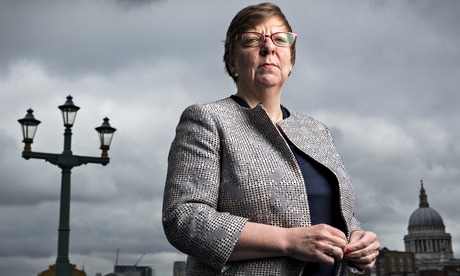
Tougher penalties may be needed to deal with Twitter and Facebook users who are "deliberately naming and abusing" rape victims online, a legal adviser to the Crown Prosecution Service has said.
In a House of Lords hearing, Tim Thompson said changes to the law may be needed to prevent the names of children involved in court proceedings and victims of sexual offences getting into the public domain.
"The issue is that the Children and Young Persons Act, which restricts reporting in relation to children involved in criminal proceedings, is breached by publication but that particular act has publication defined in a way that doesn't include deliberately putting things on social media," he said.
"The Sexual Offences Amendment Act, which provides anonymity to complaints in sexual offences, does apply to people who publish on social media, but doesn't carry a penalty other than a financial penalty. That's something some district judges have commented on when dealing with cases where individual victims of rape have been vilified in campaigns of people deliberately naming and abusing them."
He was backed up by Alison Saunders, the director of public prosecutions, who was also giving evidence to the House of Lords communications committee. She said the current laws were good enough to prosecute those who make threats or harass others online but there were problems with the naming of people given legal protection by the court.
"Where we do think the legislation may need to be looked at is around reporting restrictions around anonymity and breach of orders. Some of the breach of orders, particularly when dealing with children, can't be committed through social media," she said.
In one high-profile case, nine people were fined £624 each in 2012 after they admitted revealing online the identity of a woman raped by the footballer Ched Evans. The woman's name was circulated on social networking sites, including Twitter and Facebook, after Evans' conviction, with some of the defendants calling her names including "money-grabbing slut" and "poor little victim". One tweet read: "She is to blame for her own downfall. Lets find her address."
Tougher penalties were handed out to man and a woman earlier this year, who were given short jail sentences for making threats to Caroline Criado-Perez, a high-profile feminist campaigner, on Twitter.
One tweet posted by Isabella Sorely was: "die you worthless piece of crap", while John Nimmo posted: "I will find you :) ".
Another man is awaiting trial for allegedly sending abusive messages to Labour MP Stella Creasy.
The Lords communications committee is looking into whether the UK needs tougher laws to deal with offences on social media.

